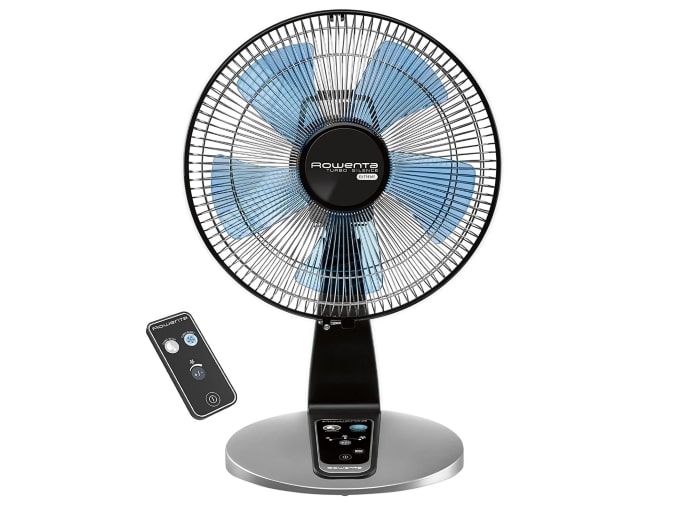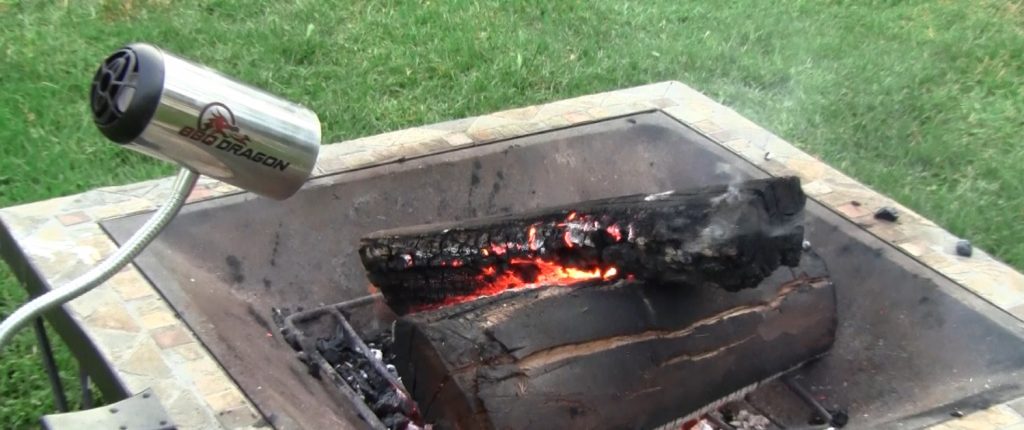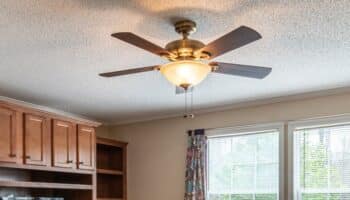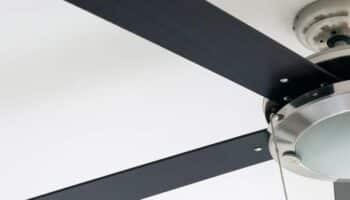We've independently reviewed this article to make sure it's as accurate as we can make it.
To find out more about our article creation and review process, check out our editorial guidelines.
Feeling confused about the differences between an air blower vs a fan?
You’re not alone! While both have similar advantages, they are actually quite different.
Luckily, you’ve come to the right place to learn all about their differences.
An air blower provides more powerful direct airflow than a fan and is great for workshops or drying tasks. Fans are cheaper to run and suited to cooling and ventilating larger areas. Use an air blower to target a small space or a fan for cooling and ventilating a wide room.
But there’s more detail than that. Read on for explanations, comparisons, and recommendations.
Fan vs Blower: Which is Better?
In this comparison guide, I’ll guide you through all the key differences between fans and air blowers to help you make the right choice.
Are you ready? Let’s dive in!
#1 Cooling
My usual advice when choosing between a fan and an air blower is to consider their cooling capacity.
For cooling, a fan is the right choice. Its wide-area cooling means it can cover your whole body (and that of your loved ones, too, if they’re lucky!).

The modern features, like the remote control, make it easy to control. And its affordable cost means you don’t need to worry about running it all day.
Air blowers, on the other hand, are great in scenarios where concentrated cooling is needed as they produce a more focused stream of air.
#2 Drying
Now, let’s compare fans and air blowers regarding drying effectiveness.
I find that air blowers are fantastic for drying things. Thanks to their more powerful airflow, they’re great at moving more air around the wet object, drying it faster.
A quick summary: drying works because the air absorbs the moisture on something. However, air can only hold so much moisture. So when air is blown away and replaced with fresh air, the drying process is much faster.
So, because an air blower will give you a more intense and focused airflow, it’s better for drying.
Note: Some blowers are made for carpet drying, too! They can put the airflow level with the ground, which is much more efficient. Unlike a fan, which needs to be angled downward.
While fans are also effective at drying, they can take much longer to completely dry surfaces or materials.
#3 Barbecue
Do you like barbequing? Then, let’s compare fans and air blowers in this category.
Creating a flame requires oxygen, which is why we blow on a fire or set of coals – to supply the oxygen needed for ignition.
Air blowers are much better for barbecues and fire pits!
With a stronger force, air blowers provide more oxygen, and the airflow is much more direct compared to a fan. An air blower will get your barbecue started faster, and it’s easier to use, too. In fact, many modern barbecues have a small blower fan included to help you light it up.

#3 The Workshop
When comparing an air mover vs fans, it’s essential to consider your specific usage requirements.
You see, air blowers were made for workshops. I like that they’re fantastic at helping with messy or dusty tasks.
Are you working with wood or dirt? A blower will work wonders in keeping your workspace clean.
But if you’re looking for something to keep the air in your shop fresh, cool, and breathable – stick with a garage fan. They’re much better at covering a whole area and helping you be comfortable.
#4 Living Areas (Bedroom/Living Room)
I often get asked about the best choice for living areas, and I’d say fans are the way to go.
While air blowers can work to help in living areas (particularly a hot kitchen), you almost always want a powerful fan to cover your whole living space or office.
A fan will be much better at keeping you cool, rather than just a tiny area.
#5 Efficiency
Finally, let’s compare fans and air blowers regarding efficiency.
Fans and air blowers work in different ways. Fans work via a spinning motor with blades attached to it – grabbing air and thrusting it forward. It’s very direct and efficient.
Air blowers, on the other hand, pull in air, spin it around a centrifuge, then shoot it out in a direction. That’s two direction changes!
Since fans’ mechanism is much simpler, they use less energy to power the air movement. So, fans are more energy efficient than air blowers. However, neither is particularly energy intensive.
FAQs: Air Blower vs Fan
If you haven’t made up your mind yet about whether to choose a fan vs blower, don’t worry! In this section, I’ll answer the most common questions about both.
Can I Sleep With A Fan Blowing On Me?
Yes, you can sleep with a blowing air on you. However, ensure it oscillates and is at least a few feet away from you.
If it’s too close and only on one spot, it can dry out your skin. No one wants to wake up with cold, dry, itchy skin!
Is A Blower A Fan?
Yes! Although we call them air blowers, they are just another type of fan. Instead of the blades spinning around one axis, they are turned and spinning over and under another axis.
They move the air differently – spinning it around inside a housing before shooting it out in a direct path rather than just thrusting it forward.
Do Fans Draw Air From Behind?
Yes, fans draw air from behind and create suction by pushing air away, leading to a pressure difference.
Imagine it like the way you draw air out of an empty water bottle. Once you remove the cap, air rushes back in to occupy the space. The concept is similar to fans. Since certain air has been moved away due to the fan’s action, other air naturally flows in to occupy the space that was created.
How Does A Fan Create Suction?
Fans create suction when they push air away at a high force, leaving a big pressure difference, which ‘sucks’ in more air. It is just like any other vacuum-style effect.
Final Verdict: Air Blower or Fan?
Hopefully, now you know all the differences between air blowers and fans.
Here’s a quick summary that can help you make a decision:
| Aspect | Best Option |
| Upfront Cost | Fans |
| Energy Efficiency | Fans |
| Wide-Area Cooling | Fans |
| Modern Features | Fans |
| Direct Airflow | Air Blowers |
| Powerful Airflow | Air Blowers |
My overall recommendation is to choose a fan for general cooling and an air blower for direct airflow applications.
Please check out our other related articles if you found this post helpful. You can even sign up to our mailing list.
Thank you for reading! Have a great day.
-Craig







